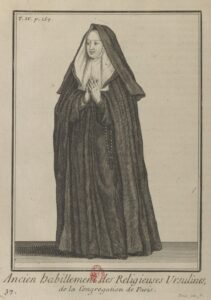History
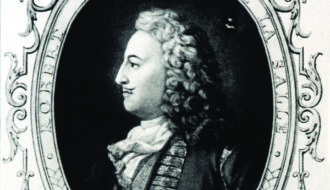
La Salle Expeditions
René-Robert Cavelier, sieur de La Salle, led two expeditions in search of the Mississippi Rivers outlet to the Gulf of Mexico for France under King Louis XIV.

René-Robert Cavelier, sieur de La Salle, led two expeditions in search of the Mississippi Rivers outlet to the Gulf of Mexico for France under King Louis XIV.
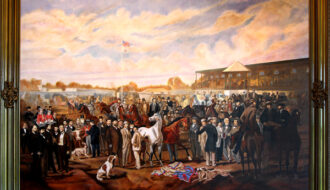
Legalized gambling has played an important cultural, political, and economic role in Louisiana's history from the colonial era to the present.
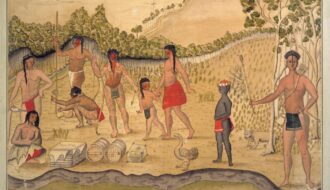
Approximately forty ethnically and politically distinct North American Indigenous polities located in the Gulf Coast region and lower Mississippi River valley made up les petites nations.
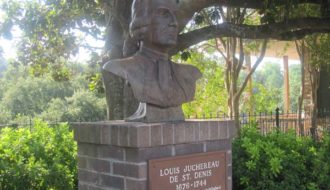
The history of the fort, mission, and settlement of Los Adaes reflects both intercolonial rivalry and cooperation among the Spanish, French, and Native Americans who lived along the border of New Spain and French Louisiana.
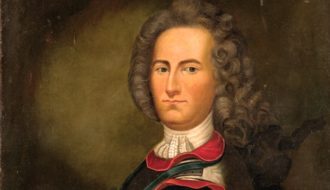
French naval officer Louis Billouart, Chevalier de Kerlerec served as governor of Louisiana between 1753 and 1763.

Louisiana’s folktales have been influenced by Indigenous peoples and the many cultural and ethnic groups that have immigrated to the state.
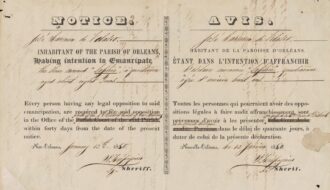
Manumission is the formal act or process of being released from slavery.
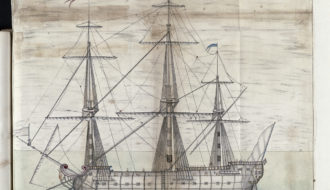
This biographical entry covers Marc-Antoine Caillot, a young clerk sent to Louisiana by the French Company of the Indies, who chronicled his journey to and experiences in Louisiana between 1729 and 1731.
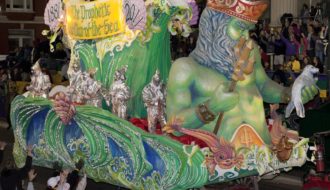
Mardi Gras in New Orleans is celebrated by costumed revelers, krewes, floats and flambeaux, parades, and masked balls.
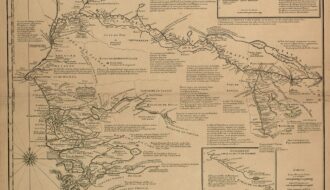
Baude was a free African woman who traveled from Senegambia to Louisiana in the eighteenth century.

Coincoin, a formerly enslaved woman freed in colonial Natchitoches, is an icon of American slavery and Louisiana’s Creole culture.
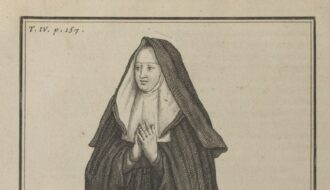
Marie Tranchepain was the first Mother Superior of New Orleans’s Ursulines and an early female diarist.
One-Year Subscription (4 issues) : $25.00
Two-Year Subscription (8 issues) : $40.00
